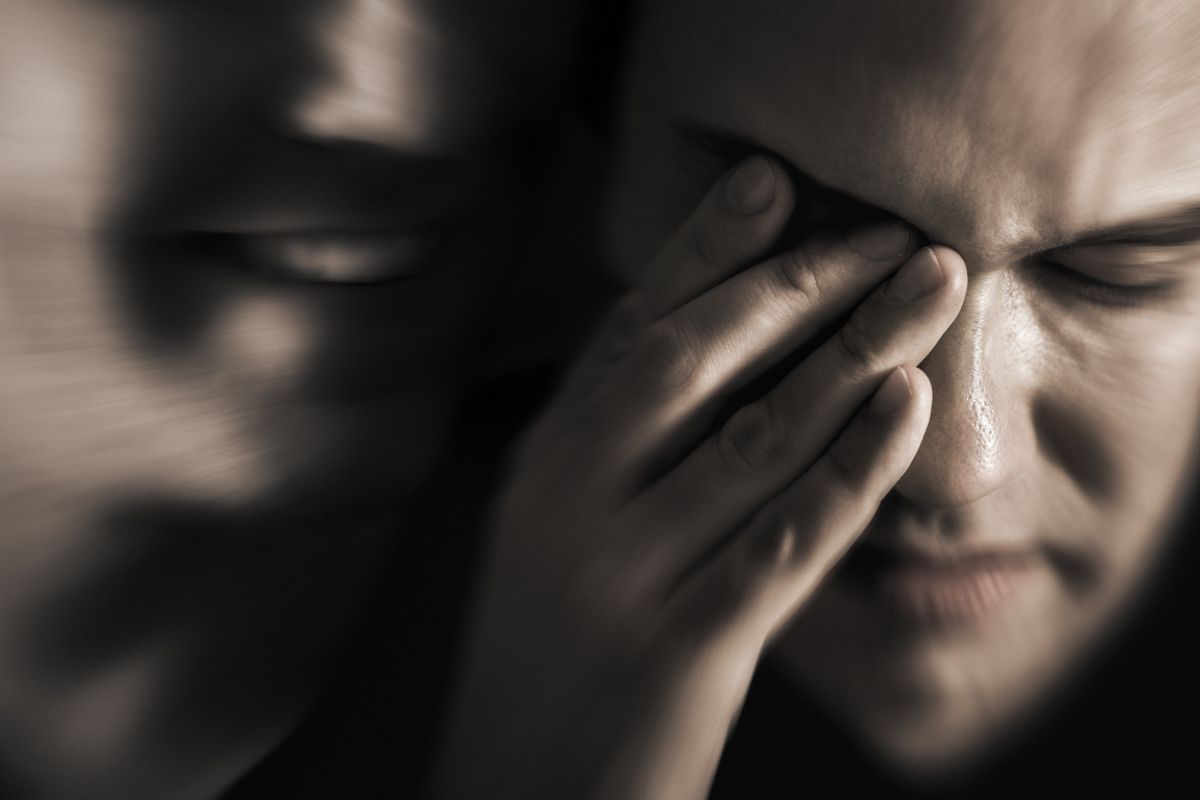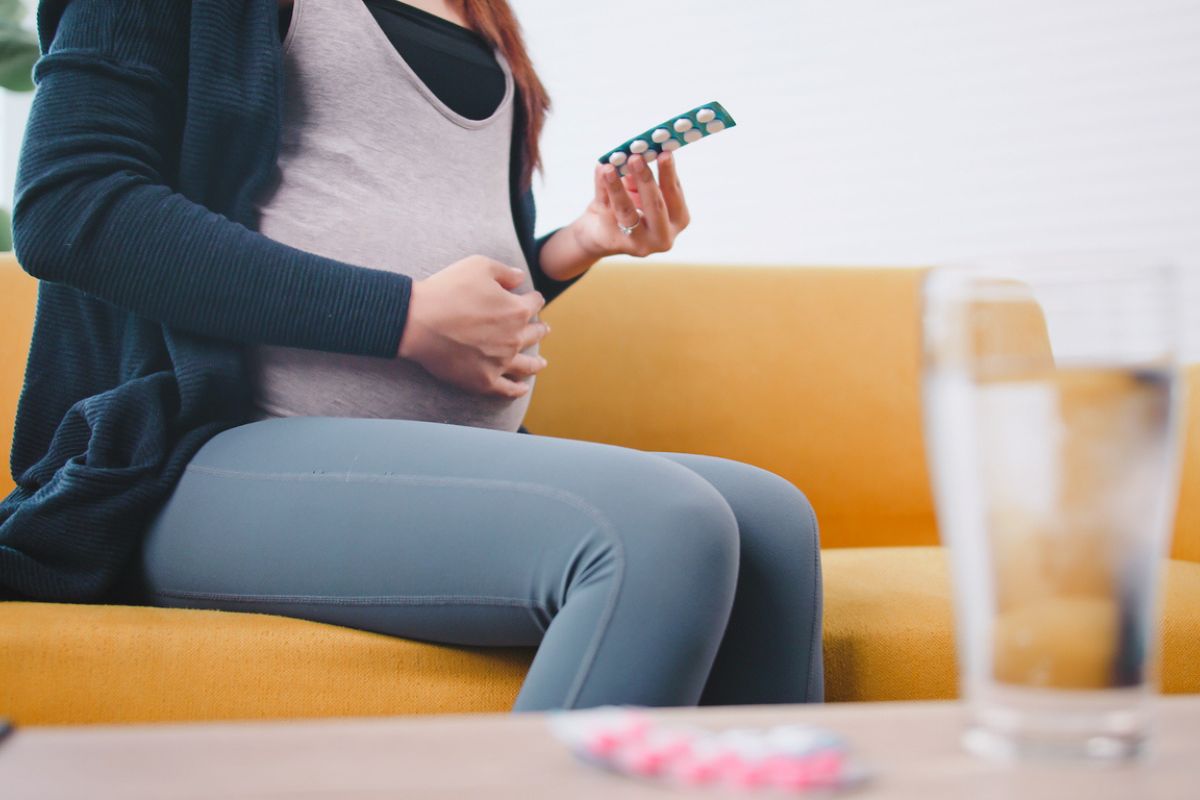The prevailing theory contends that when states legalize recreational cannabis, usage rates climb. Of course, that depends on the demographics.
Colorado remains an excellent test case. While marijuana use has jumped across the board in the decade since voters approved recreational cannabis, use among teens has actually dropped.
“Legalization does not increase youth cannabis use. In fact, evidence suggests the opposite. By transitioning cannabis sales from the illicit market to a regulated system with age-restricted access, we’ve seen a decrease in youth cannabis use,” director of state policies at the Marijuana Policy Project Karen O’Keefe said.
But for one group, the jump in marijuana use presents a startling — and potentially more dangerous – problem.
A new JAMA Psychiatry study reports that adults with psychotic disorders have increasingly ramped up their cannabis consumption in the aftermath of legalization. It’s a worrying trend that has stoked concerns about worsening symptoms, increased relapse risk, and more frequent hospitalizations.
Tracking a Vulnerable Population
While many people can (and do) enjoy cannabis safely, individuals living with psychosis remain far more susceptible to the drug’s adverse effects. Studies show that they experience higher symptom burdens, longer hospital stays, and more frequent relapses than non-users. With high-potency products surging in popularity, many expect things to only get worse.
To investigate, a group of university researchers combed through data from the Population Assessment of Tobacco and Health (PATH) study, a nationally representative longitudinal survey conducted by the National Institute on Drug Abuse and the U.S. Food and Drug Administration. Between 2014 and 2022, the PATH study followed tens of thousands of adults, including 1,856 individuals with a lifetime diagnosis of psychosis.
Using the difference-in-differences (DID) statistical method, the team compared changes in cannabis use between people living in states that legalized recreational cannabis (RCL) and those in states that haven’t. They followed the trends for five years after legalization, adjusting for multiple demographic differences.
A Startling Discovery
The results rattled the researchers. After states enacted recreational cannabis laws, the percentage of individuals with psychosis reporting cannabis use in the past 30 days jumped 9.5 percentage points — nearly triple the 3.3-point increase observed in the general population after legalization in earlier research.
Notably, the surge occurred only after retail outlets opened. This, the authors insist, implicates commercialization — not just legalization — as the primary driver.
On the other hand, the researchers failed to uncover any meaningful uptick in frequent (weekly or daily) use, implying that the shift stemmed from more occasional consumption.
Why It Matters
Even modest increases in cannabis use among people with psychosis could drag along outsized risks. High-potency cannabis — increasingly common in commercial markets — drives up the risk of psychotic relapse and symptom severity. Occasional use, in such cases, could still present severe clinical consequences.
“Most states still don’t require warnings about mental health risks,” the authors noted. “Only two mandate explicit labels about the link between cannabis and psychosis.”
They argue that policymakers and regulators should take cues from alcohol and tobacco control and consider taxes tied to potency, mandatory health warnings, and a crackdown on misleading advertising claims. Such steps, they argue, could mitigate potential harms while preserving individual choice — a delicate balance as more states embrace legalization.
For now, the message couldn’t be clearer. Cannabis legalization affects people with psychosis differently — and more dramatically. As legalization (and potency) continues to grow, policymakers might need to adopt more nuanced, health-informed strategies.
Further Reading
Cannabis Use Triggers Brain Changes Linked to Psychosis



